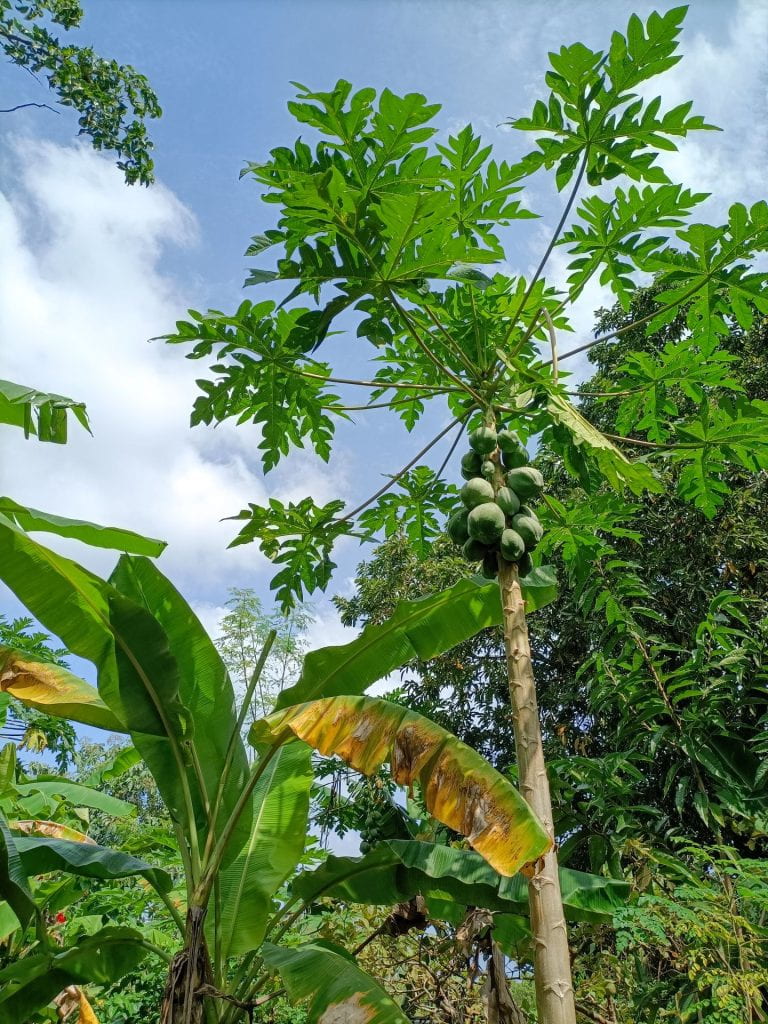Food and medicine are not two different things: They are the front and back of one body [Earth and humanity]
Masanabu Fukuoka
Having embarked on my first week in India, I can now finally sit back and reflect on my experiences thus far. To be quite honest, I found myself grappling with the initial waves of culture shock. The vibrance and difference in lifestyle of this diverse nation was both simultaneously thrilling and overwhelming for me.
However, through a dedicated commitment to self-care and the invaluable support of the IndoGenius team who are hosting me, I have been able to navigate through the worst of my culture shock challenges, emerging on the other side with a newfound sense of resilience and understanding of my abilities to push through discomfort. The warmth and friendliness of everyone around me has helped me to form an excellent support system, which admittedly has played a crucial role in easing the transition from New Zealand to India.
Despite my initial struggles however, I now find myself having the best time, immersed in a diverse range of invigorating experiences. Each day has opened my eyes more and more to what life in India is like. This journey is incredibly eye-opening and one that I am thankful to have been given the opportunity to undertake.
Although I would love to reflect on all of my experiences, one standout example is Krishna’s Solitude Farm. Krishna’s Solitude Farm, located in Auroville, offered a unique experience that I am incredibly blessed to have had the opportunity to experience and learn from. This sustainable farm seamlessly blends eco-conscious living with the spiritual humanity principles distinctive to Auroville, showcasing an interesting combination of organic farming, permaculture, and alternative energy sources. Nestled amidst the farm’s impressive array of fruit trees, vegetables, flowers, and edible weeds, the farm’s kitchen is where people can come together to enjoy the fruits of their labour.
The farm’s commitment to organic practices and environmental sustainability aligns with Krishna’s vision to reconnect with the organic, humanistic roots of food as a source of all life and humanity. For me, it was a timely reminder of the vital role food plays in human life, health, and overall well-being. The observation from Krishna that people often remain disconnected from the origins of their food resonates deeply, urging a more thoughtful consideration of my dietary choices and the broader impacts they have on not only the environment but also the sociocultural context in which they’re derived.
Living in an urbanised area myself, where the connection between people and nature is incredibly weakened, the harmonious coexistence with nature that I have observed at Krishna’s farm was both interesting and invigorating. This unique community-focused environment encourages mindful living and environmental kaitiakitanga, embodying the philosophy of Auroville to live as one with the planet and with the divine. Such practices, if embraced widely, could contribute significantly to the betterment of India and Aotearoa New Zealand, as well as serve as a source of inspiration for all countries to look in depth into the sustainability of their practices.
The farm itself, while it is a tranquil retreat, posed challenges for someone like me in a new country. Navigating unfamiliar biodiversity and walking barefoot to ground oneself with nature was incredibly uncomfortable for me and I wasn’t sure if I could cope with it. However, the realisation that stepping out of my comfort zone doesn’t lead to catastrophe instead it leads to personal character development is something important I have learned. The symbiotic balance I observed in the farm’s ecosystem, where every element, animal and insect has its purpose and role, gave me great comfort and helped me realise that we too as humans have our own place within the environment.
Despite the discomfort of walking through the farm, the realisation that most insects and animals (including humans!) seek harmony rather than confrontation is a universal truth, was particularly impactful. This insight underscores the need to find one’s place within the interconnected web of nature. Utilising sustainable food farming systems is just one tool we can use to do this.
The farm experience, whilst unique and a fantastic place to have visited, becomes a strong metaphor for the importance of people worldwide to explore in depth their personal roles and connections to the natural world and how these can be used to improve humanity overall.






